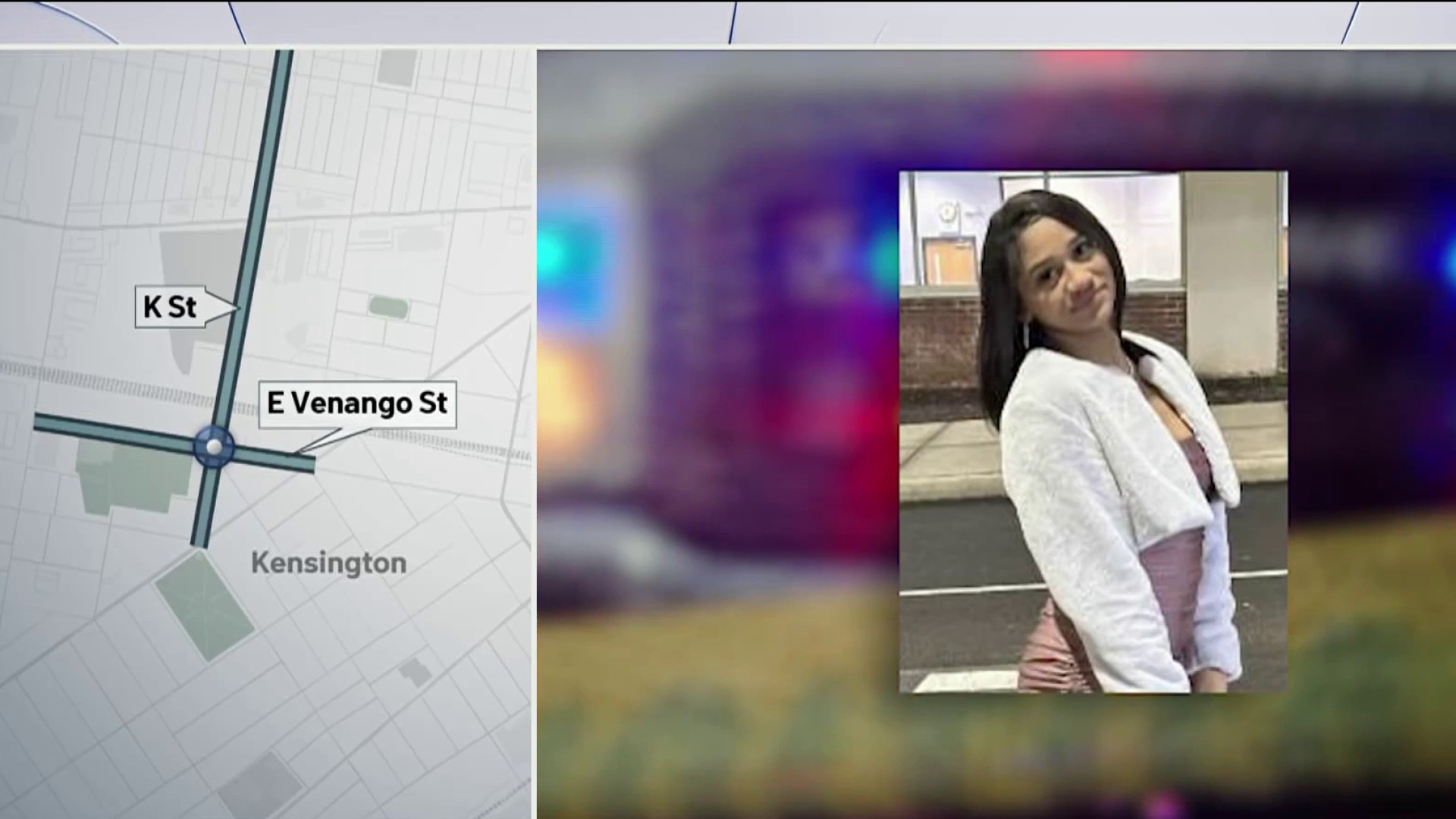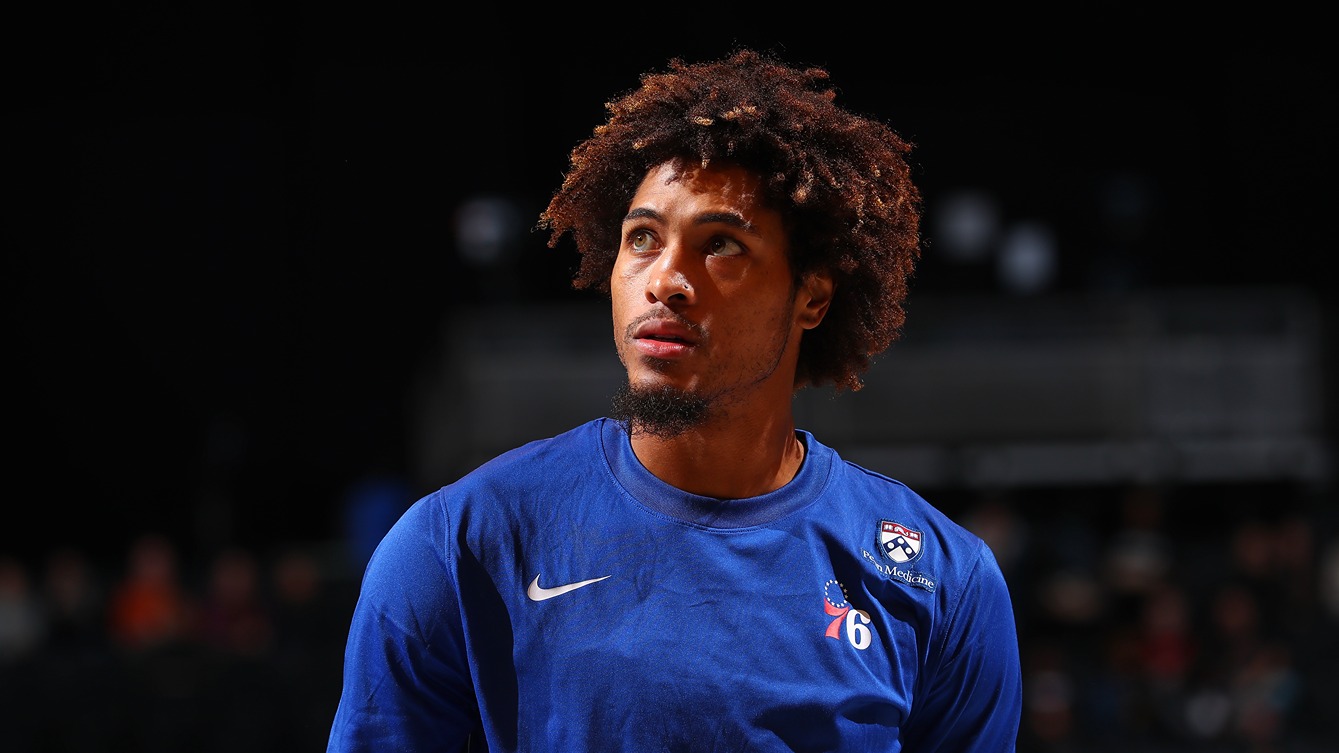What to Know
- Video showed Philadelphia Police officers fatally shooting Walter Wallace Jr. as his mother and neighbors watched Monday.
- The video sparked protests and unrest that led to looting in several neighborhoods this week.
- Police and politicians are weighing in on different tactics that perhaps could have led to a different outcome.
Calls for police reform in the city have gotten louder this week after officers fatally shot Walter Wallace Jr. outside a home in West Philadelphia. In an incident captured on viral video, the officers fired at Wallace, who held a knife and was stepping toward officers. Then he falls to the ground as his mother, who was trying to restrain him, screams over his body.
Some facts are not yet public. What was the 911 call that led up to the shooting at 61st and Locust streets? Did the officers believe there was a threat to public safety? Were they prepared to respond to what family described as a mental health crisis?
Meanwhile, unrest after the incident led to a city curfew Wednesday night.
But neighbors, family, politicians and activists have raised questions about how police respond in potentially violent situations, the uses of force available to them, and how officers are trained to deal with people dealing with mental health issues.
"I want to see them [the officers] get fired, but we know that's not going to happen," Wallace's uncle Rodney Everett said after a community event Tuesday. "They should be charged, but we know that's not going to happen. So what they need to do, they need to be training them. They need to be training these officers that they have out in these neighborhoods."
Local
Breaking news and the stories that matter to your neighborhood.
Organizations like the Fraternal Order of Police are focusing on the knife and Wallace taking steps toward the officers.
"The use of lethal force is a very difficult decision and we support our officers as they worked to resolve this incident under a great deal of stress. These officers were aggressively approached by a man wielding a knife," the local FOP said in a statement. Wednesday, Lodge President John McNesby called on the city to release all the facts of the case.
The officers' names and body-worn camera footage have not been released so far. The footage could come out "in the near future," Police Commissioner Danielle Outlaw said Wednesday.
The force used
Those close to Wallace think the encounter could have ended differently, and tried to stop officers from shooting.
While officers were telling Wallace to drop the knife, Wallace's father was approaching the cops and asking them to put their guns down, he told Cherri Gregg at our reporting partner, KYW Newsradio.
"When they came from the sidewalk and ran out in the street, their minds was already set up to kill him," he said.
"Try to talk to him, calm him down. Or even if you couldn't calm him down, tase him or something," Wallace's mother told KYW's Gregg. "Don't shoot him down like a dog, that was wrong."
This week, Outlaw said the officers who shot Wallace were not equipped with stun guns. NBC10's Mitch Blacher reports: only a third of the department's officers carry them. Outlaw has said she wants more officers to have tasers but would need funding.
De-escalation
Intertwined with the conversations about policing this week: how much can officers do to diffuse a potentially violent situation?
Outlaw said Tuesday that Philly cops have some form of de-escalation training, but she was hoping to get all officers trained on a more recent school of thought. The training model, ICAT (Integrating Communications, Assessment and Tactics) comes from the Police Executive Research Forum headed by Chuck Wexler.
In an interview, Wexler confirmed that Outlaw texted him this week and they had a conversation about Philly cops receiving the training, which she brought to her previous department in Portland, Oregon.
The core of the ICAT police training is letting officers know that they have options to de-escalate a stressful situation with a subject who is behaving erratically. Wexler is not advocating cops to try to reason with someone holding a gun or who is an immediate threat. But where someone's having a crisis or holding a knife, bottle or other object, officers ought to keep distance and try to initiate a conversation, he says.
"A lot of time in this situation the only thing the police officer knows to do is to say 'drop the knife,'" Wexler said. "And they’re scared like everybody else."
Also key to these kinds of calls: getting as much information as possible before the event. "Could you talk to the mother before you go there?" Wexler asked, talking about an ideal standard practice for a mental health call. If there's a way to draw out the situation without getting anyone hurt, officers should be thinking, "How do I slow this down? How do I use time and cover so the officers get safe and then begin talking to the individual?" he said.
"Aiming a gun and screaming at them is almost counterproductive," Wexler said.
The old standard for using force, which is still part of police culture today, is to start with the lowest form of power possible, verbal commands. Then if a subject is not complying, officers could increase to more serious uses of force.
But Wexler and PERF's model encourages officers to react, adapt, and change their approach without escalating if they can - trying to preserve the sanctity of human life.
He highlighted a 2017 incident in Baltimore where a distressed man was holding a knife and wanted to commit "suicide by cop." Without using physical force, an officer talked to the man, reasoned with him and got him to drop the knife.
Changing policing
Wallace's death struck an emotional chord for state Rep. Joanna McClinton, who represents the area.
She said she cried after seeing the video online and soon got in touch with other local politicians including Councilmember Jamie Gauthier and state Sen. Anthony Hardy Williams.
McClinton told NBC10 the police department needs "cultural changes within the police department to talk about things we cannot legislate...finding the humanity in people who don’t look like you, and maybe you didn’t grow up with."
In the neighborhood, "we still have far too many harsh interactions with police," she said, citing her own bad experience where officers disrespected her during an April traffic stop. (She also noted that she has a sign at her home expressing support for the 18th Police District.)
And she was critical of the fatal incident that came after several prior police visits to the home, and wished officers could have spoken to Wallace more before firing their guns.
In the portion of the video before the shooting, Wallace's mother is close to him and appears to be trying to calm him right before he stepped off the sidewalk toward officers.
“If his family was that insistent on ‘give me a minute’...why do they come back this time and they’re so quick to choose the fatal, deadly option?" McClinton told NBC10.
She's also a member of the Pathways to Reform, Transformation and Reconciliation steering committee, which has a special meeting set for Thursday to address the shooting. The city formed the commission of local leaders this spring after protests following the death of George Floyd in Minneapolis.
Wallace's family would like to see a push for more training.
"I'd like for every officer...be trained proper, to help people with mental stress or illness in this type of situation," Wallace's father said. "Because if they've taken my son, it's going to be multiple [other] people that's going to be executed."
NBC10's Mitch Blacher, Aaron Baskerville, Matt DeLucia and Jim Rosenfield contributed to this story.



